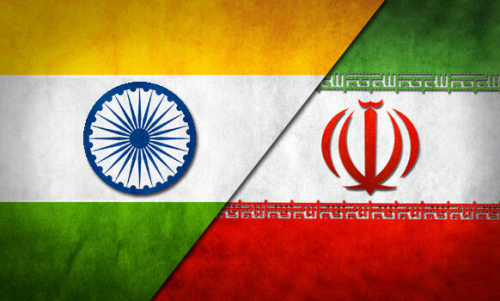First Meeting of the Task Force on Developing Scientific Cooperation with India Held

The inaugural meeting of the Task Force for Developing Scientific Cooperation with India was held on Wednesday, April 16, 2025, at the central headquarters of Khajeh Nasir al-Din Tusi University of Technology.
The meeting was attended by directors of international affairs and research and technology from several universities, including Khajeh Nasir, University of Tehran, Sharif University of Technology, Alzahra University, University of Applied Science and Technology, Kharazmi University, Isfahan University of Technology, and Shiraz University of Technology, as well as a number of Iranian faculty members who are alumni of Indian universities.
At the beginning of the session, Dr. Khalili, Vice President for Research and Technology at the University of Applied Science and Technology and a faculty member at Khajeh Nasir University—who formerly served as Iran’s Scientific Counsellor in India—delivered a presentation outlining the cultural characteristics and societal context of India, along with strategies for expanding scientific collaboration with the country. He emphasized the keen interest within India’s academic and scientific community in enhancing cooperation with Iran and noted that shared cultural affinities, the presence of an Iranian diaspora in India, and a history of scientific collaboration over the years have created a favorable foundation for advancing these relations.
Among the key proposals put forward by participants were: leveraging Indian scholarship opportunities; engaging with India’s vast startup ecosystem; promoting the teaching of the Sanskrit language; facilitating faculty exchange programs; initiating joint applied research projects in mutually relevant fields; utilizing faculty sabbatical opportunities at universities in both countries; organizing cooperation based on trade and industrial relations data between Iran and India; promoting demand-driven, privately funded research; identifying and capitalizing on each country's comparative advantages; and focusing on emerging sciences and technologies.
